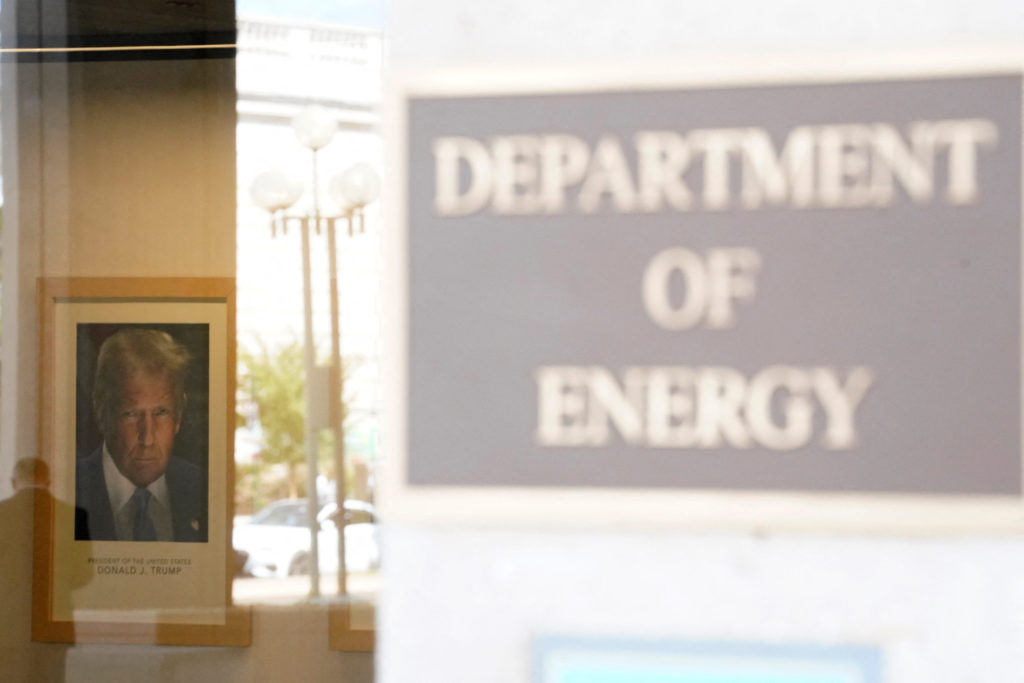TV and credit cards
Contributor
Very impressive, though I notice they didn't mention how much energy was used - which will obviously be a major factor in the cost of this technique if they want to bring it into widespread use.Quaise energy latest millimeter wave drilling test.
“We were able to drill that 118 meter hole on our first try,” Lamb explained. “It’s been highly successful, beyond all of our best hopes.”
Although the team wasn’t focused on speed, they still reached drilling rates of up to 16 feet (five meters) per hour through some of the world’s hardest rock. “That’s extremely fast,” Lamb revealed.
The company’s next goal involves using the millimeter wave technology to drill 10 times deeper and reach a full kilometer within the next months.
I also wish journalists would stop saying stuff like this:
At approximately 387 feet (118 meters), the hole is the deepest ever drilled with millimeter-waves, which are similar to the microwaves used in an oven.
Millimeter waves are "similar to the microwaves used in an oven" in much the same way that they are also "similar to the light used to see at night". The comparison tells the reader exactly nothing about the technology, except the somewhat irrelevant fact that the reporter has no clue how it works.
Here's a recent article that speaks to that: This startup wants to use beams of energy to drill geothermal wells
The one-megawatt system actually needs a little over three megawatts of power overall, including the energy needed to run support equipment like cooling systems and the compressor that blows air into the hole, carrying the rock dust back up to the surface. That power demand is similar to what an oil and gas rig requires today.


